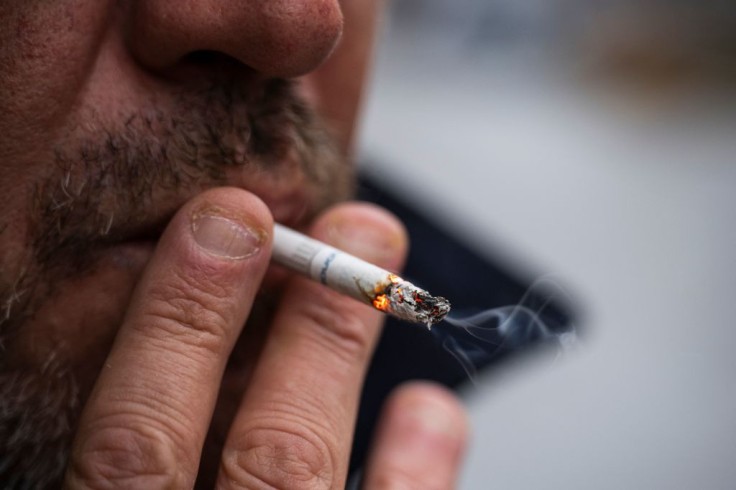
In 11 states, including West Virginia, smoking in cars with children is illegal, a move supported by lawmakers as the state has the most adult cigarette usage nationwide, according to the Centers for Disease Control and Prevention.
11 States Ban on Smoking in Cars with Children
The state Senate recently passed a bill imposing fines for individuals caught smoking or having a lit tobacco product in a vehicle with someone aged 16 or less.
The bill was confirmed with a 25-8 vote and now heads to the House of Delegates. Despite earlier failings and a dubious fate in the House, Senate Majority Leader Tom Takubo, a former doctor, has been assisting with this legislation since 2017.
Takubo was motivated by a non-smoking patient who suffered lung damage due to her father's smoking habits, and the proposed fines for violators are set at a maximum of $25 for this misdemeanor.
However, smoking with children present would be considered a secondary offense, not the primary reason for a traffic stop.
Some legislators, such as Sen. Mike Azinger, a Wood County Republican, disagree that the state should not encroach on parents' rights, considering the bill as an emotional debate that intrudes on fundamental parental decision-making.
Read Also : Clean Air Revolution: Moms Clean Air Force Summit Echoes EPA's Bold Standards for Children's Health
West Virginia To Ban Smoking in Cars
The U.S. Surgeon General has underscored that tobacco use is the leading preventive cause of disease and untimely death in the nation.
Annually, more than 480,000 individuals encounter immature death, and an additional 16 million suffer serious diseases due to smoking.
The economic influence is consequential, with the direct medical budget for tobacco-related diseases exceeding $225 billion, coupled with a yearly loss of over $156 billion in production.
Smoking increases the danger of death and different illnesses, including lung cancer, coronary heart disease, chronic lung disease, stroke, and other cancers.
The effects of tobacco use continue ahead of smokers, causing millions to be prone to secondhand smoke in homes, workplaces, public areas, and vehicles.
Secondhand smoke consequence in untimely death and illnesses in nonsmokers, specifically children. In 2013-2014, around 58 million nonsmoking Americans, including 2 out of 5 children aged 3 to 11 years, experienced secondhand smoke.
This risk leads to heart illness and lung cancer in nonsmoking grown-up, along with different health issues in children, such as abrupt infant death syndrome, respiratory infections, middle ear disease, more severe asthma, respiratory symptoms, and slowed lung growth.
Vehicles, along with homes, serve as a relevant origin of secondhand smoke risk for children and nonsmoking adults.
Studies reveal that even a quick 10-second vulnerability to secondhand smoke can root asthmatic symptoms in children. In 2006, the U.S.
Surgeon General asserted that eradicating smoking in indoor spaces is the only adequate approach to save nonsmokers from secondhand smoke.
Restraining smoking in worksites and public places through state laws and voluntary policies has considerably lessened secondhand smoke risk over the past two decades.
Smoking in vehicles poses both short- and long-term health exposure due to the restrained space rapidly developing high concentrations of secondhand smoke.
Research shows that smoking just one cigarette in a closed vehicle generates over 100 times the recommended risk limit for fine respirable particles, exceeding levels found in smoky bars and restaurants.
Even with windows or vents open, particle levels remain unhealthy, especially for children and other vulnerable groups.
Additionally, smoking in a vehicle with closed windows can lead to increased carbon monoxide levels, posing a significant threat to children even in small quantities.